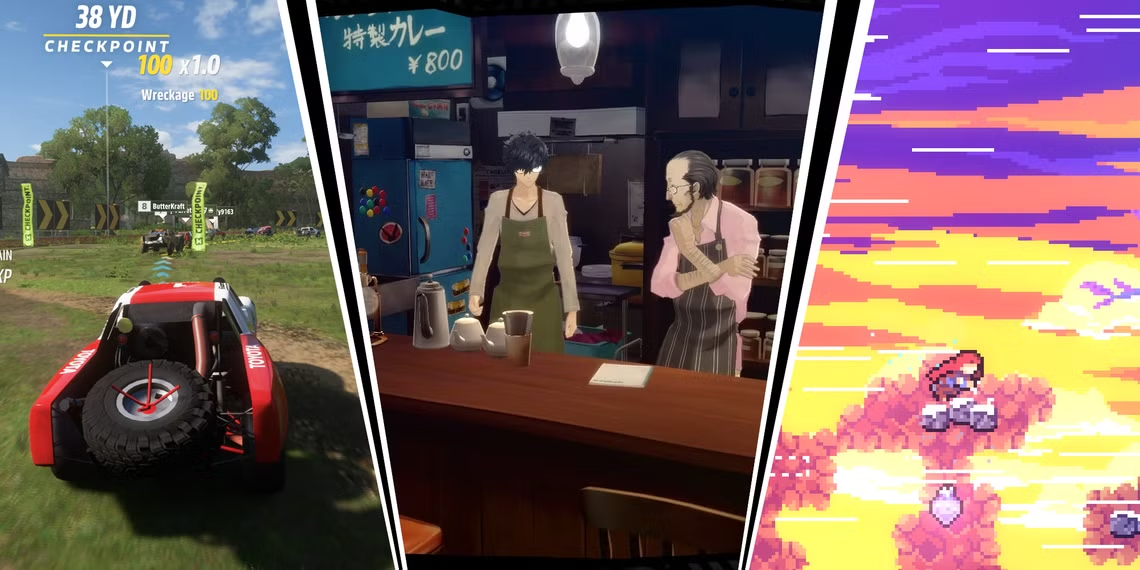In a world that increasingly seems like a simulation, it’s no wonder that educational games are quickly becoming a core tool in the career education toolset. From teaching technical skills to fostering critical thinking and collaboration, these immersive tools are helping students transition from virtual environments to real-world readiness. Let’s delve into how game-based learning is equipping learners for future careers and challenges.

As reported by Dualshockers, today’s digital games are more than entertainment—they’re sophisticated training grounds for essential workplace skills. Games like Lethal Company demonstrate how virtual environments can teach crucial team-building and communication skills, as players must coordinate effectively and share information to succeed. Similarly, Minecraft has evolved beyond its sandbox roots to become an impressive platform for learning computer science, with its Redstone mechanics and Command Blocks serving as gateways to understanding programming concepts.
These games don’t just teach isolated skills—they create immersive environments where problem-solving, resource management, and strategic thinking become second nature. From Portal 2’s introduction to game development principles to PC Building Simulator’s practical approach to computer hardware, games are increasingly bridging the gap between virtual practice and real-world application.

Educational institutions are recognizing the power of games in preparing students for future careers. CCNY’s Gaming Pathways program exemplifies this shift, offering a comprehensive bachelor’s degree in digital game design. Working directly with NYC’s leading gaming companies, the program provides students with hands-on experience and industry connections, creating a direct pipeline from education to employment in the growing digital gaming industry.
The integration of gaming into formal education extends beyond specialized programs. Universities like the University of New Haven are partnering with industry leaders like Unity to incorporate professional certifications into their computer science curriculum, ensuring students graduate with both theoretical knowledge and practical skills demanded by employers.

The game creation process itself has become a powerful educational tool. Initiatives like the G4C Student Challenge and NSF Game Maker Awards are inspiring students to design games that address real-world problems, from climate change to social justice. These programs don’t just teach technical skills—they encourage critical thinking about global issues and foster creativity in problem-solving.
Student-led initiatives like Duke University’s DPAD club demonstrate how game development can create collaborative learning environments where diverse skills—from programming and art to writing and marketing—come together. These experiences mirror the cross-functional teamwork essential in modern workplaces, preparing students for careers that may not even exist yet.
–
The evolution of educational gaming reflects a broader shift in how we prepare students for the future. Whether through formal programs like Gaming Pathways, industry-recognized certifications, or hands-on creation tools, digital games are providing invaluable experiences that translate directly to career success. As technology continues to advance, these immersive learning environments will become increasingly important in equipping students with the skills they need to thrive in tomorrow’s workforce.